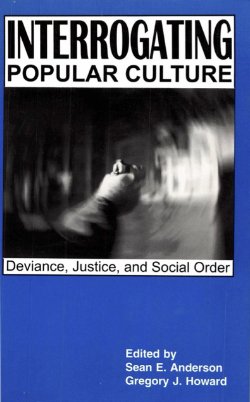By Alison L. Cammack, Mark R. Stevens, Rebecca B. Naumann, Jing Wang, Wojciech Kaczkowski, Jorge Valderrama, Deborah M. Stone, Robin Lee,
What is already known about this topic?
In 2022, approximately 49,000 persons died by suicide in the United States. A comprehensive approach that addresses health-related community factors, such as health care access, social and community context, and economic stability, could help prevent suicide.
What is added by this report?
Suicide rates were lowest in counties with the highest health insurance coverage, broadband Internet access, and income. These factors were more strongly associated with lower suicide rates in some groups that are disproportionately affected by suicide.
What are the implications for public health practice?
Implementing programs, practices, and policies that improve the conditions in which persons are born, grow, live, work, and age might be an important component of suicide prevention efforts. Decision-makers, government agencies, and communities can work together to address community-specific needs and save lives.
MMWR Morb Mortal Wkly Rep. ePub: 10 September 2024. DOI: http://dx.doi.org/10.15585/mmwr.mm7337e1.







